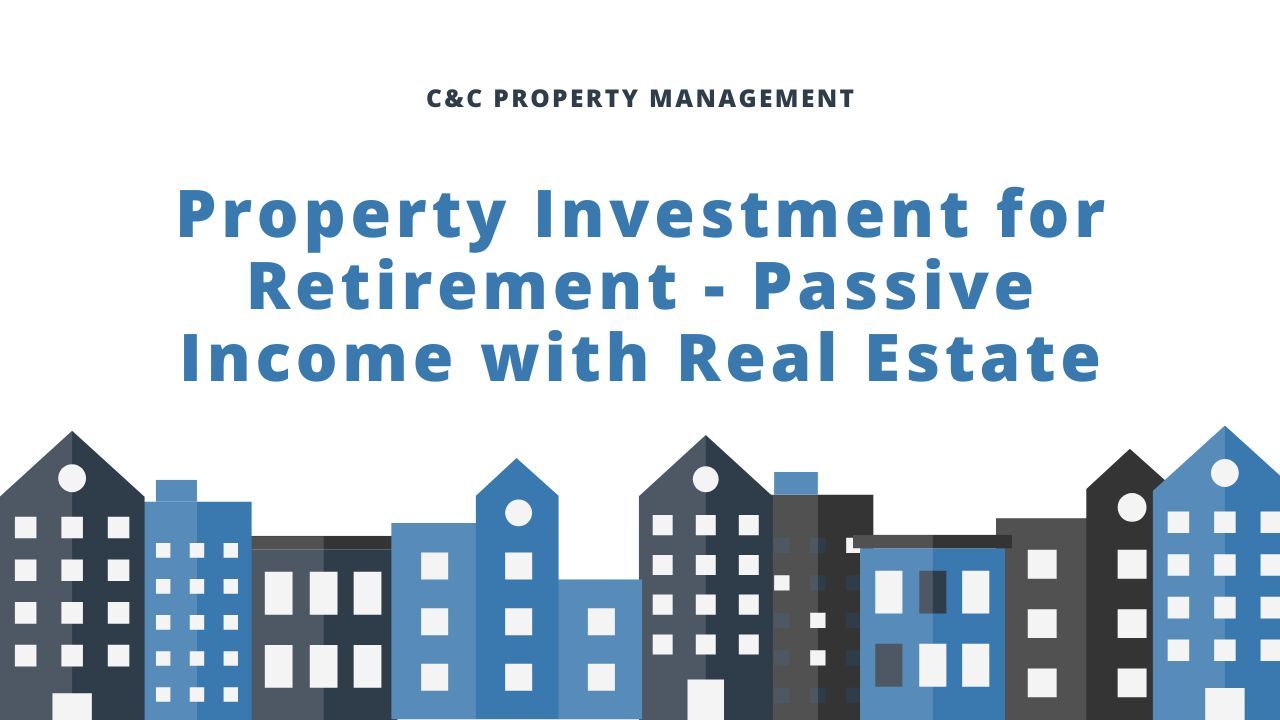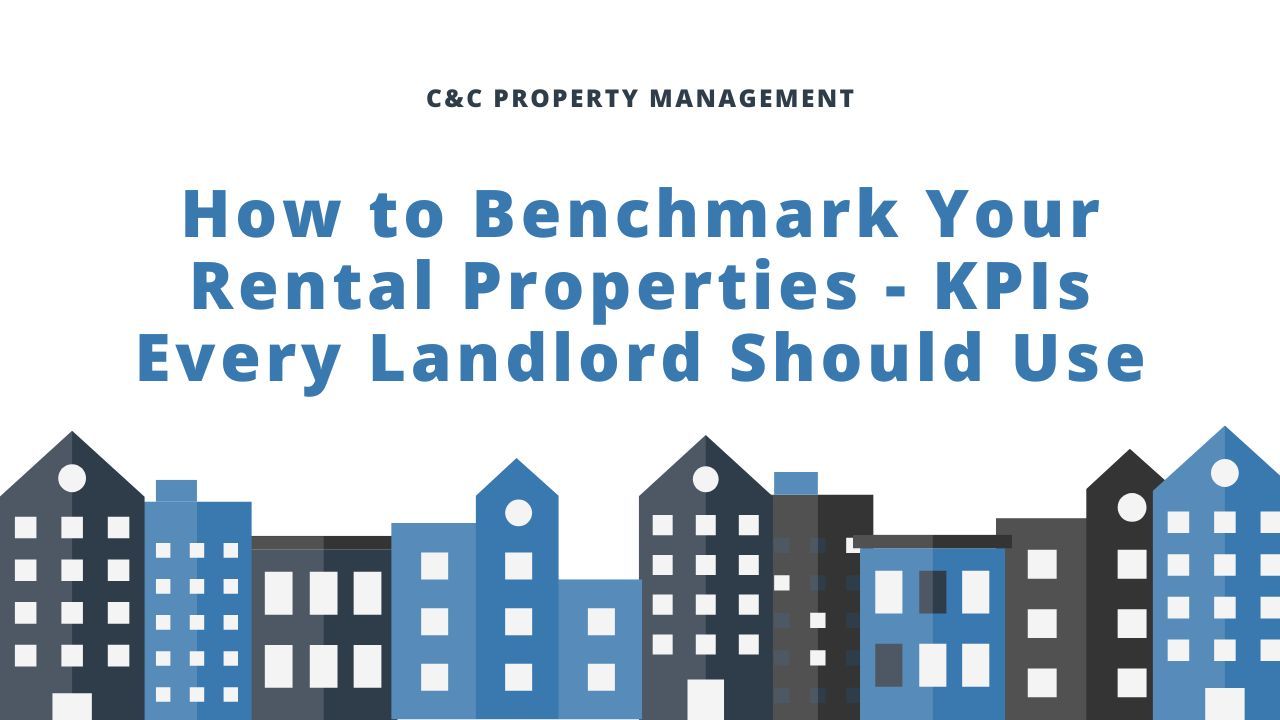New Compliance for COVID Eviction Laws
CAA publishes compliance package for new COVID eviction law
The California Apartment Association has published a package of compliance materials about AB 2179, a law temporarily extending part of California’s COVID-19 eviction moratorium through June 30.
Effective April 1, 2022, some tenants remain protected. Those tenants include:
- Tenants whose tenancies started prior to October 1, 2021, and
- Tenants with applications for rental assistance that were submitted on or before March 31, 2022, and
- Tenants who are awaiting either approval or payment from the rental assistance program.
These tenants are protected from eviction for non-payment of rent due prior to April 1, 2022.
For tenants with past due balances, who do not have a pending rental assistance applications, landlords must serve the appropriate non-payment notice. Tenants who do not cure the notice within the required period can be evicted.
CAA strongly recommends working with an attorney to prepare and serve any non-payment notices and unlawful detainer filings.
Previously, The COVID-19 Tenant Relief Act (“CTRA”) and COVID-19 Rental Housing Recovery Acts (“Recovery Act”) enacted temporary protections from eviction for residents unable to pay rent and other charges. As extended by AB 2179, effective April 1, 2022, the eviction protections only remain in place for tenants who have pending rental assistance applications, filed prior to March 31, 2022.
Neither CTRA, nor the Recovery Act protect tenants who do not pay rent or other amounts due on or after April 1, 2022.
Starting April 1, 2022, a variety of non-payment notices are required, depending on when the payment was due, whether the unpaid amount was rent or something else (like parking fees), and whether the property is covered by the CARES Act.
For more information and resources visit: https://caanet.org/topics/covid-19-tenant-relief-act/








